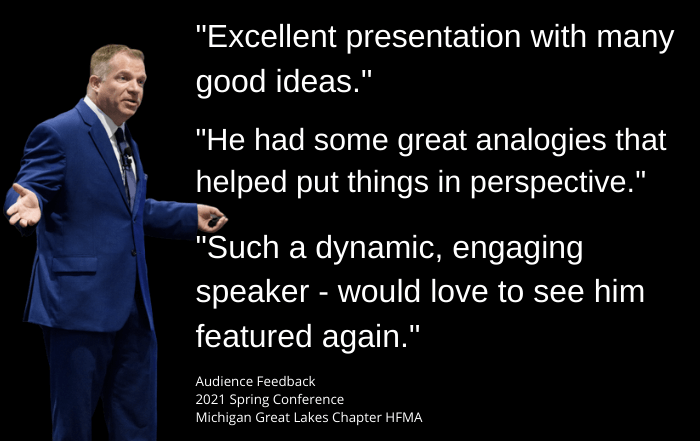 In the excitement to do something new, some leaders forget about managing change at work. The mistake is thinking that you make a change and then you are done with it forever. Often, unexpected consequences come with your decision.
In the excitement to do something new, some leaders forget about managing change at work. The mistake is thinking that you make a change and then you are done with it forever. Often, unexpected consequences come with your decision.
I learned about this at a conference, where I delivered a keynote presentation. I was speaking to facility managers, who work at educational institutions. Often they make sure old building are run and renovated in modern ways. This can be a challenge when an upgrade has to be installed into buildings that were built in different centuries.
Some faced an unexpected challenge from low-flow toilets, which their schools wanted to retrofit into bathrooms. While the toilets used less water, the plumbing systems hooked up to them were designed for toilets that used more water. As a result, problems emerged, some of them stinky.
While this issue was not insurmountable, fixing it would require unanticipated time and money. Do you make decisions that produce unintended consequences at work? Consider these tips for managing change at work:
Best Scenario, Worst Scenario
It’s smart to think through the good and the bad before you make any decision. Often, we only consider the benefits. It’s not pessimistic to think about what could go wrong. It’s good business.
Make sure this brainstorming process includes different departments. This may reveal potential problems or necessary adjustments.
Reevaluate the Decision
When you make a big decision, pick a date down the road, when you’ll reevaluate it. Put it on the calendar, make sure it’s day when people aren’t on a holiday, and that it’s a real date, not something like the 31st of September.
Often, a decision is not reconsidered until it’s producing massive problems. Think of it like a leaky faucet. You want to repair it when it’s first dripping, rather than when it’s become a fountain.
Don’t Forget Time
Employees do not have an unlimited amount of time to implement new ideas and strategies. Think about how much time they’ll need to learn and adjust to something different.
Is this a situation where something needs to be taken off their plates to ensure the new thing gets the right amount of attention? Often, when one more thing is added to a workload, all work suffers.
Find a Guide
Is there someone who is a little ahead of you and can share their experiences with the change you’re about to make? This is priceless information that may not be included by a salesperson or things they would know.
The facilities managers I met knew a quick phone call or email could save a lot of time and money. Managing change at work is often rooted in smart moments that pay off over time.
When you reach out to your guide, thank them for the insight and commit to a reciprocal relationship, as down the road, they may need your help.






